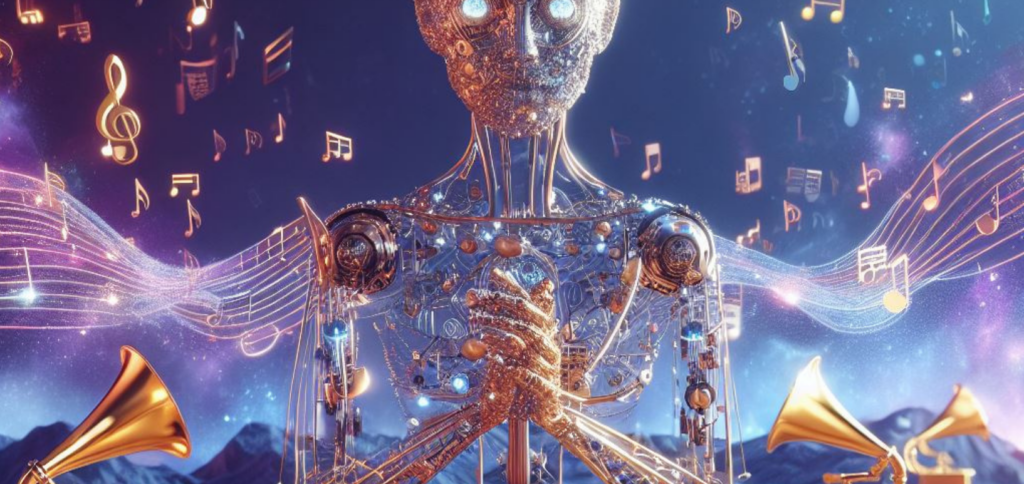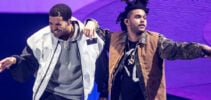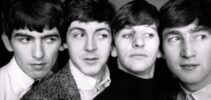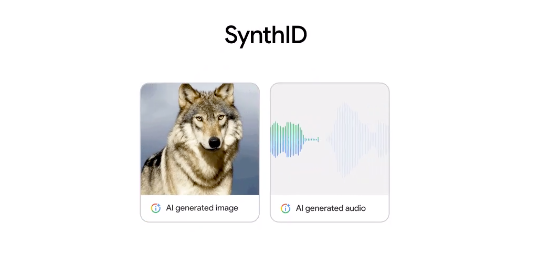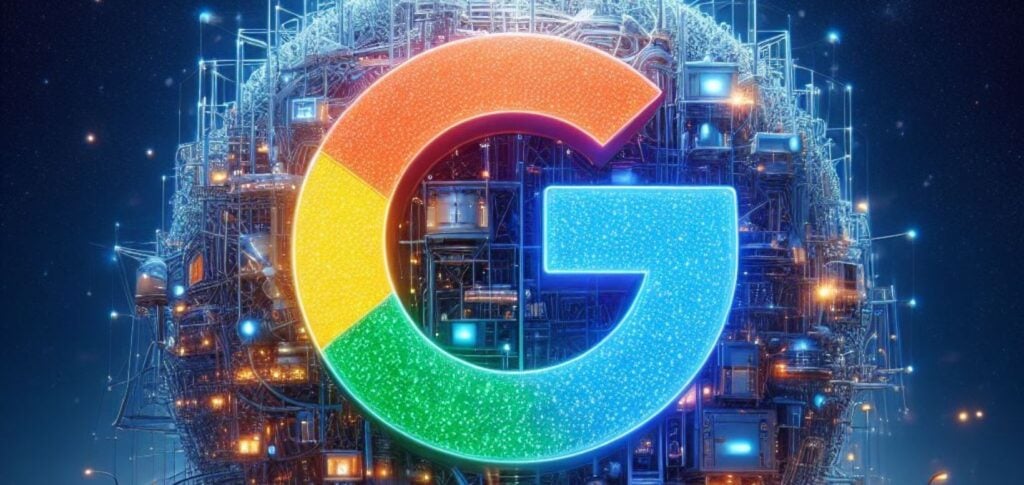The confusion surrounding the Grammy started with the release of the song “Heart on My Sleeve,” by dark musician Ghostwriter, who used generative AI to create fake verses that sound like Drake and The Weeknd.
ADVERTISING
First, it seemed like the song didn't qualifyaria to compete for the award (and was removed from streaming services shortly after its April release), then apparently qualified, then ineligible, and finally qualified — but only after Ghostwriter removed Drake and the Weeknd's fake verse.
This solution, however, did absolutely nothing to clear up the confusion that AI – in all its forms – has generated in the music industry.
To complicate things even further, Paul McCartney announced that artificial intelligence was used to improve the sound quality of a John Lennon demo that gave rise to “the Beatles' last song”, which will be released later this year.
ADVERTISING
According to the Grammy boss, Harvey Mason Jr., earlier this year, Beatles music could qualify for the award.
Criteria used by the Academy
The difference between the two songs reveals the criteria adopted by the Academy regarding the use of AI at this early stage: the Beatles' music was created entirely by humans and the AI was used only to remove background noise from the original recording of Lennon. In other words, no one cloned John Lennon or used AI to write, sing or create the music itself.
However, Ghostwriter used Generative AI to create lyrics and melodies from Drake and The Weeknd – all without any conscious input from those artists. To do this, it made use of several copyrighted songs from these artists – ingesting data for machine learning – which is where the legal issues come in.
ADVERTISING
Last month, Mason reiterated that Ghostwriter's original version of the song — and presumably all songs that use generative AI in a similar way — are not eligible for a Grammy because "Even though it was written by a human creator, the vocals were not obtained legally, the vocals were not released by the record company or the artists, and the song is not commercially available. "
Discussion far from over
Even with the Grammy boss's statements, discussions around the topic seem to be far from over. Even more so, once a way is found to license creative work generated by AI, presumably the way will be clear for such music to be commercialized in a way that does not violate copyright.
The music industry has taken the lead on many intellectual property issues in the entertainment world and this is likely to be the case with AI.
ADVERTISING
What Would It Take for an AI-Generated Song to Qualify for a Grammy? https://t.co/D6TPCAO315
- Variety (@Variety) October 17, 2023
Read also
* The text of this article was partially generated by artificial intelligence tools, state-of-the-art language models that assist in the preparation, review, translation and summarization of texts. Text entries were created by the Curto News and responses from AI tools were used to improve the final content.
It is important to highlight that AI tools are just tools, and the final responsibility for the published content lies with the Curto News. By using these tools responsibly and ethically, our objective is to expand communication possibilities and democratize access to quality information. 🤖
